Charles Pakana (VAN):
On the 20th of June, the Victorian Civil and Administrative Tribunal, VCAT, set aside a license of works that had been granted by Goulburn Murray Water that would essentially see a 600-meter diversion of the Rubicon River. Now, this is a small perennial river that’s part of the Murray-Darling Basin and the diversion would see it move across into a, or part of it, move across onto private property to power a private hydroelectric plant.
Setting aside that license of works is the result of an undertaking by the Taungurung Land and Waters Council. And joining me online is Taungurung man, Matthew Burns, who’s the CEO of the Taungurung Land and Waters Council. Matthew, thanks for joining me this morning.
Matthew Burns:
Morning, Charles, how are you doing?
Charles:
Always good, and thanks for coming online today. Matthew, let’s set up a little bit of an overview of what’s actually happened, the lead up to this event? When was Taungurung first involved? To the best of your knowledge, what was actually being issued in that license of works?
Matthew:
So we were formally notified or we firmly became aware in November last year. So November ’23, a colleague at Goulburn Murray Water had contacted us to say, “Had you heard that there was a license for diversion on the Rubicon River?” I reached out to the Goulburn Murray Water managing director and just learnt what was the approval? And then from there we’ve learnt more and more over the time that the proposal is to dam the Rubicon River, create a bit of a pondage area, so then that the flow of the Rubicon River could be diverted.
So I’ll say that the proponents of the developers’ analysis, so their technical experts created a model which said that on average 54% of annual flow of the waterway would be diverted into private property to fund a private hydro. And therefore there would be needs to build fish ladders, which are quite invasive constructions to support the transfer and migration of native fish and non-native fish, which is going to be really detrimental to Taungurung people because Camp Jungai, one of the most significant cultural, contemporary cultural sites of the Aboriginal community in Victoria is directly adjacent to this. And Taungurung own that land as well.
Charles:
All right, and we’ll come to that in a little bit because I know Camp Jungai has been doing some amazing work with regard to youth camps and providing cultural immersion and many other activities as well. But when you make mention of the fact that it’s going to power a private hydroelectric scheme, there’s already the Rubicon Hydroelectric Scheme, which has been operating, I believe since the 1920s. Is that correct?
Matthew:
That’s correct, yes.
Charles:
You mentioned it was a private hydroelectric scheme. Is there a bit more information on that that you can share?
Matthew:
It’s interesting. We don’t have too much to share other than the fact that we’ve got, as a traditional owner group, having particular landholding rights on the waterway, having cultural rights that are recognized through the state to the waterway. And then when you consider the state, consider Rubicon River like all waterways, public waterways, so that they’re waterways of the public and you consider all the user groups. The Rubicon River is one of the most popular fishing rivers in all of Victoria. There are many user groups that utilize the Rubicon River because its significant values.
To think that a decision-maker thinks that it’s okay for a private user to dam a really popular and important waterway for one person’s private purpose, it just feels as though it doesn’t really pass the community test of what public assets or cultural assets should be used for private purpose.
Charles:
Now, even though VCAT has set aside the license of works, it really is, if we’re going to be quite blunt, essentially it’s a stay of execution for the meantime because Goulburn Murray Water has been asked to, or told, to go back and reconsider its decision. They, being the decision-maker. So what work is now being undertaken by your lawyers and Taungurung to essentially set yourself up for what’s going to be an ongoing legal battle?
Matthew:
There were two themes that we put forward to VCAT, two arguments. One was the legal argument saying that the decision-maker, Goulburn Murray had erred from the Water Act legislation and they made a decision that wasn’t necessarily applicable to the legislation and we won on that. However, the second argument that we’d already put to VCAT were the merits. So contravention to the Environmental Protection Guarantee Act, the contravention of the Victorian Human Rights Charter. But also just the merits of the project.
I think it’s important to say that renewable energy is a really important transition that Taungurung certainly support and have participated in. Our offices are all powered by solar. However, it has to be fit and proper, the types of activities to ensure that we’re not impacting and harming countries as best as possible.
Charles:
But how much of a legal fight do you see ahead, given that Goulburn Murray Water will come back and reassure a license of work? That’s pretty well on the cards, don’t you think?
Matthew:
Well, it’s a good question. We don’t know that. And broadly speaking, I’d say that Taungurung don’t have an issue with Goulburn Murray Water where we collaborate and work together in other spheres. So it’s not an attack on Goulburn Murray Water, rather they’ve just got a decision to make. And if they make a decision in favor of constructing works, we will be pursuing different legal avenues to ensure that we uphold the responsibility of caring for country and ensuring that country is not only cared for our people as traditional owners, but all Victorians to really enjoy what is a beautiful part of country.
Charles:
You made mention of a very important fact and that is that there is an existing relationship between Goulburn Murray Water and Taungurung Land and Waters Council. Do you believe that this could have an impact going forward? It does surprise me that you had to find out through a contact rather than formal representation or notification from the water board.
Matthew:
Yeah, look, so it’s interesting. I mean there is some reasons behind that. So I don’t think it’ll have an impact on our relationship with Goulburn Murray. They’re a decision-maker, they’ve been given responsibilities to make decisions about access and use of water, and that’s their responsibility. We partner with them in different ways and I don’t think that we would use an isolated responsibility that they have, whether we agree with it or not to affect the work that we do across country.
But when it comes to how and why we were notified or not notified, the complexity as you know Charles, is that Camp Jungai has been a contemporary cultural space for Aboriginal communities since the 1970s, the early 1970s, is a really important place. However, it was owned by the Aboriginal community. So the cooperative, the Aboriginal Cooperative that run Jungai, it fell into administration. It was then owned by the state government and then we acquired it again in 2018. However, the application for this works was in 2017, so we weren’t notified as an adjacent landholder because we didn’t own land until after the application was applied for. And then the actual decision was only made in October, November last year. And that’s when we found out about it. So because we weren’t an adjacent landholder at the time of application, we weren’t notified at the beginning.
Charles:
Has there been any thoughts about contacting and making representation to the Minister for Water Harriet Shing, given that Goulburn Murray Water is actually just a delegate of the minister? So the powers it carries are those of the minister itself.
Matthew:
Yes. During VCAT we’ve made some requests for the minister to consider her call-in powers, the ability to call in matters from VCAT to have the minister consider what we believe was a major issue of policy. Which is that there was no framework for Goulburn Murray to consider modern uses of waterways. Typically, the license that Goulburn Murray was issuing is for bores or little pump sheds. So if you consider farmers that have dams on their properties and they want to pump some water from a waterway up onto a dam, that was the license that this same 600-metered diversion for a private hydro, it was the same license that the typical small farmer who wants to build a two-meter by two-meter shed to pump some water up onto their property. It’s the same license.
So we said that there was a major issue of policy there that there was no framework to assess the significant impacts on country, environment, all those kinds of things. So we contacted the minister about that to say that we think there’s a major issue of policy and therefore it should be called in. What do we do in the future? The minister, as you said, Goulburn Murray Water, a delegate of the minister, the minister has full power to make a decision on any application of use of a waterway. And we’ll be asking the minister to take full and direct action in considering this application as it gets put forward again.
Charles:
Have you received any response from the minister or her office?
Matthew:
No, we’re obtaining legal advice from our legal team to understand what the different avenues are. And one of those is definitely reaching out to the minister to play an active role in making a decision for deciding whether this type of activity should occur.
Charles:
In your claims to VCAT, you maintained two key areas, one that would compromise, this as the diversion, would compromise environmental values. And the other is that it would compromise cultural values. We’ve already touched somewhat on the environmental values. What I’d like to do is get a bit of an understanding of what would be compromised by way of cultural values and how would it impact on the growing Taungurung community?
Matthew:
I’ve loosely spoken about our obligation to care for country. It’s often misunderstood by the wider non-Aboriginal community is that as traditional owners we’ve got a responsibility to have and show reciprocity with country. That is people will hear phrases like caring for country, but it really comes down to whatever you’re taking from country, you need to give back to country in some other way to ensure that for generations to come, our people have the ability to use the resources and be able to continue to provide for our people.
And just because colonization occurred, those values and principles still hold true. We’ve got an obligation to country, we’ve got an obligation to ensure that all people on country have healthy spaces, healthy country, which continues to provide for all people. And so that’s I guess an overarching principle and obligation as traditional owners or as Taungurung people that we have.
And then when you consider around access and cultural practice, as I said, the developers’ technical experts which were developing the modeling for the types of flow that they required to operate their hydro, the average annual flow of this weir, so building a weir in the waterway, building a bit of a pondage area, and then redirecting the water was going to be an annual flow average of 54% of the annual flow of the waterway being diverted into this private hydro. Which means on average it could be more and it could be less depending on rainfall. But on average there’d be only what, 46% of water actually going through the main river channel, which is going to have in effect drought conditions for where Taungurung people as owners of the land on the other side of the river will have country and a waterway, which is pretty much in drought conditions always.
So our ability to access, utilize the waterway, cultural practice, whether you’re considering fish traps, fishing, other types of activities that we would do cultural practice if we’ve got all these community camps. We’ve got youth groups that you mentioned. So Aboriginal community coming and learning about their culture, we’ve got a waterway that is sick, we’ve got a waterway that is deeply altered. And it’s going to impact our ability to conduct cultural practice, which is quite significant.
Charles:
If Taungurung were to ultimately lose its legal battle in this, would you be advocating, and I’m pushing it here, but would you be advocating for a bit of civil unrest in the area as we’ve seen in other culturally important areas across Victoria to stop the works?
Matthew:
I couldn’t answer that. I mean, that’s a question for the Taungurung community, and it’s a question for the broader community. I can’t speak on behalf of what we might do. I mean, what we’re dealing with at the moment of preempting what we understand that there’s a decision before and preparing for what the repercussions of that might be.
If we were to lose potential future challenges, what the Taungurung community decide is the best course of action, we’ll take that course of action. And if that means doing what is necessary to ensure that we’re caring for country, not only for our people and not only for country, but for the broader Victorian community, then that’s something that may be on the cards.
Charles:
Very diplomatically put, Matthew. Well, I expect nothing less from you. Last question before I let you go, because I recognize that you’re being really pulled in all directions by the media this morning. And that is that you are girding your loins for future legal wrangles with this. It’s not a cheap situation. How are you going to fund all this?
Matthew:
It was a question that was asked of Taungurung community with Taungurung elders. We have an elders’ council, the Taungurung Elders Council, the Taungurung board, and the Taungurung community in different forums to say that this was going to cost us a lot of money. And we will be operating at a deficit to be able to fund this case. And unanimously the board, the elders’ council and the broader community said, this isn’t about money, it’s about principal and it’s about our obligations to ensure that we’re caring for country and doing what is right by country. And that was the direction that we had.
So we’re going at this with the knowledge that this is going to have a significant financial impact on our ability to operate sustainably. And therefore that’s why we’re doing a bit of a media campaign and looking for donations to support the work that we’re doing here. Because this is clearly an important test case for what could come around Victoria around these type of private hydros for public waterways or culturally significant waterways that allow private use to co-opt a public waterway, which is a scary thought. So we’re raising money, we’re trying to raise money to fund this case.
The experts that we’re engaging, so the hydrologists, the ecologists, all of the engineers and everything that we need to hire to provide a basis for why this is not an appropriate course of action is going to cost us hundreds of thousands of dollars to be able to run this. We’re really lucky and fortunate to have the support of Environmental Justice Australia providing pro bono legal support. We’re very lucky to have some amazing barristers that are providing pro bono support to us and defending and representing Taungurung in such an amazing way, that the expert costs associated with what we’re pursuing here is actually costing hundreds of thousands of dollars.
But again, it’s based on the principle of what we stand for. And we’re going to do that as an organization, as a community organization that represents the Taungurung people and represents country. And as I said before, it is representing, I guess, the interests of all Victorians if we consider the nature of a public waterway.
Charles:
Now, I know I said that would be the last question, but I will throw one more in. Is this the instance though that you as a member of the First Peoples Assembly of Victoria, so we’re now going to talk treaty just very briefly. But is this the sort of situation that you would see essentially managed much better under a treaty model across Victoria and with the traditional owners?
Matthew:
It’s a question that I couldn’t tell you, manage better. Look, I mean, one of the things that I just spoke to is around Taungurung’s responsibility to care for country and ensure that there’s reciprocity to country. I don’t think that’s a value or a principle that most Victorians would disagree with. Any regional community member that lives in and on country that have national parks, state parks, conservation reserves, and other areas on country, they grew up, whether they’re Aboriginal or non-Aboriginal, they grew up accessing these beautiful places on country. And want to ensure that those beautiful places on country are there and are cared for and are healthy for their grandkids and for their generations to come to be able to access and connect to these special places.
And that’s what we as traditional owners are ensuring. We want to make sure that there is reciprocity with country. We understand that there are land uses that are required to support society, but we also need to ensure that whatever we’re doing on country in different ways, we’re giving back and we’re ensuring that country is healthy for us, for the broader community. And I would suggest that the first Peoples Assembly would be principally, and some of the values that we’d be putting forward into treaty would be how do we embed that? How do we ensure that we’re caring for country, not only for ourselves, but for all community?
Charles:
Matthew Burns, CEO of the Taungurung Land and Waters Council, thanks for joining us this morning.
Matthew:
Thanks Charles.

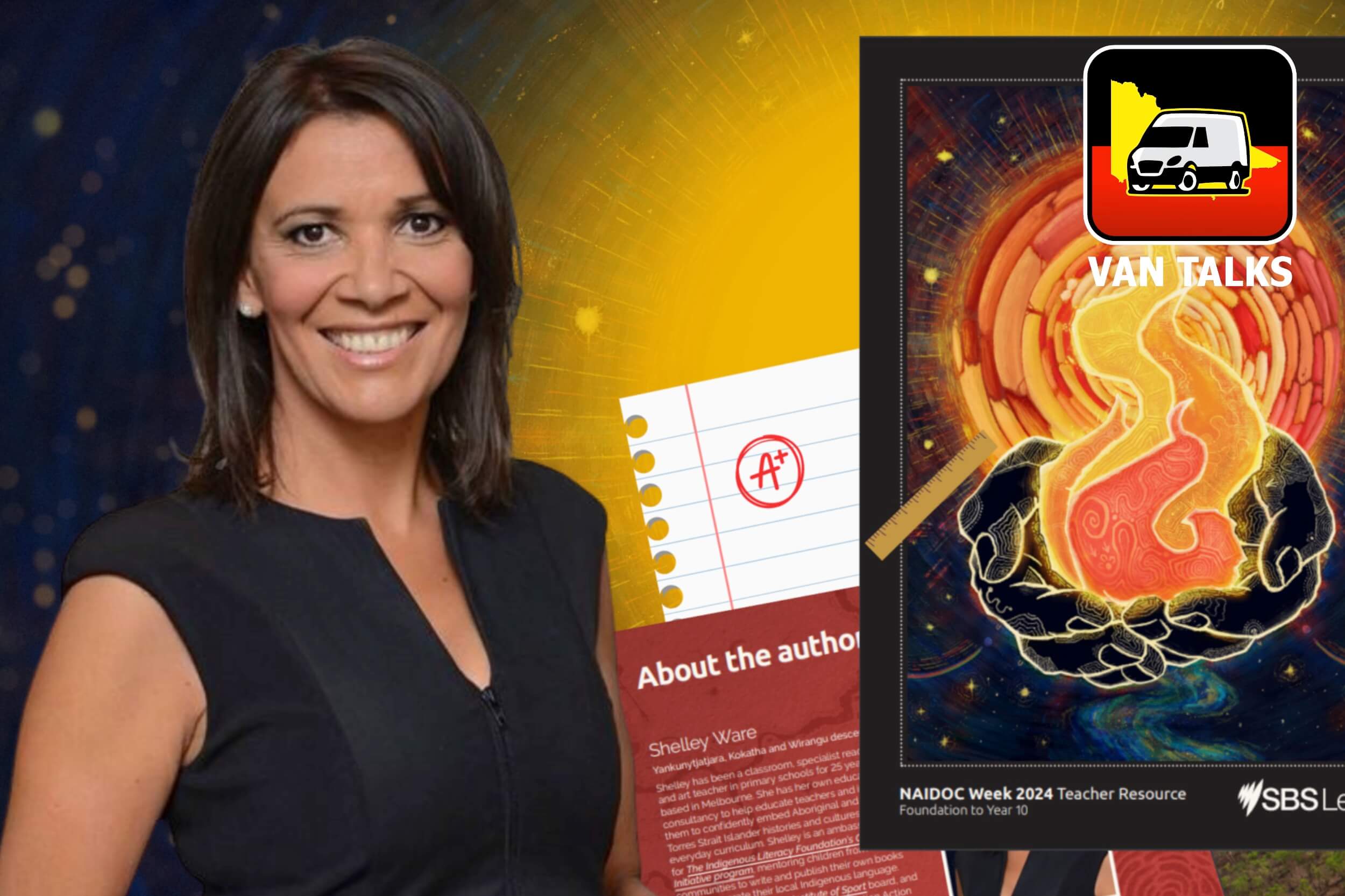
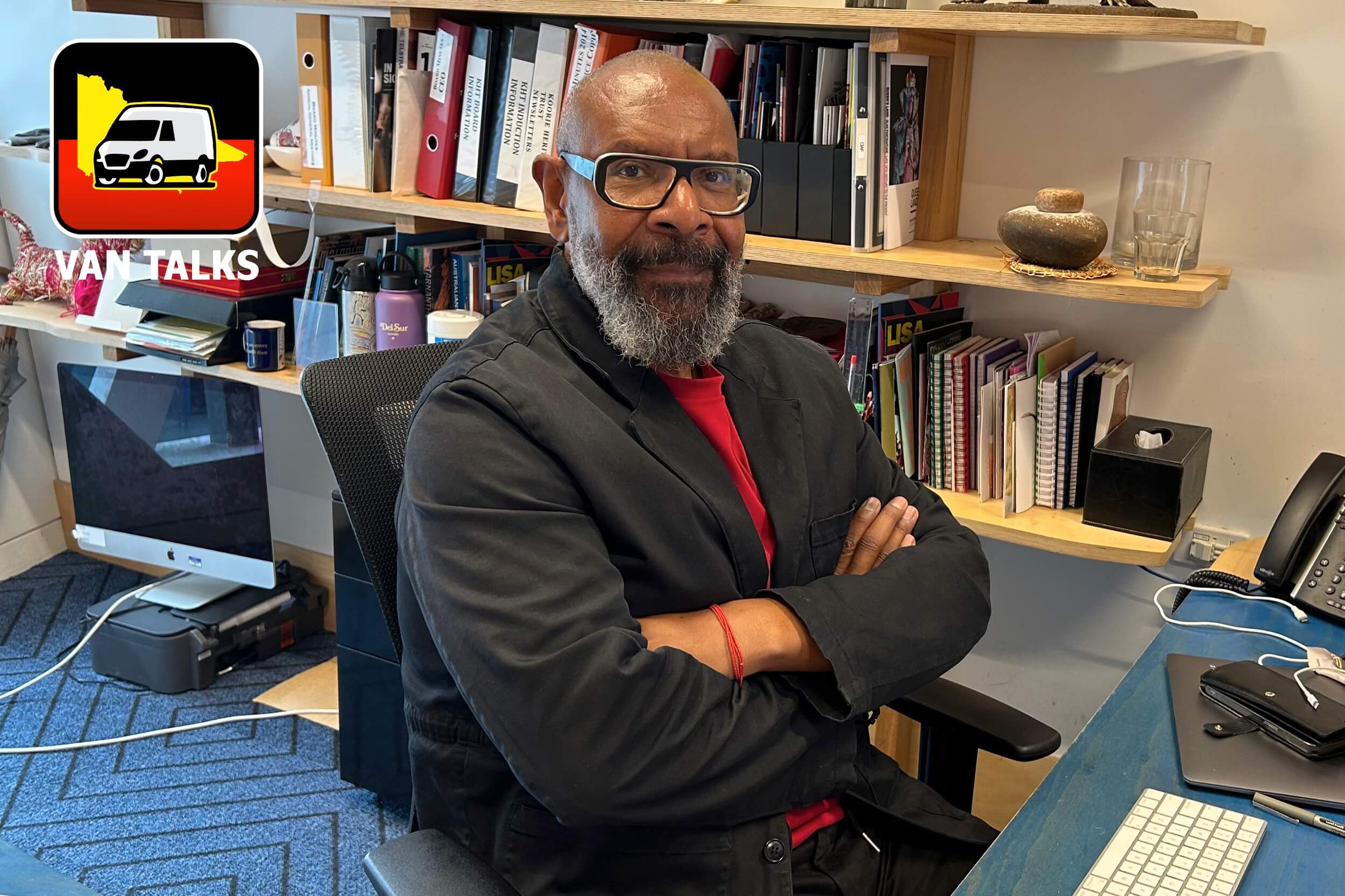
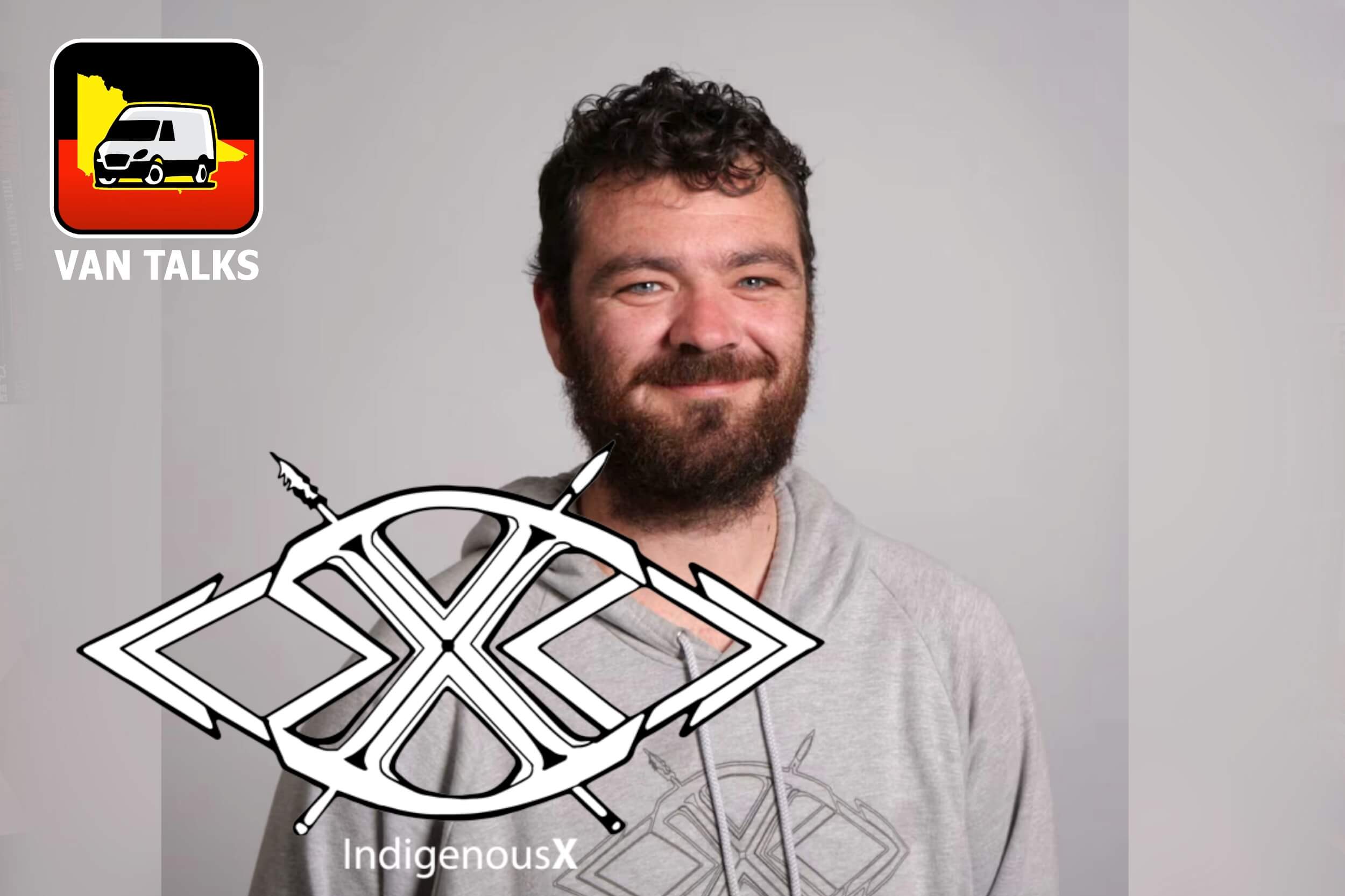
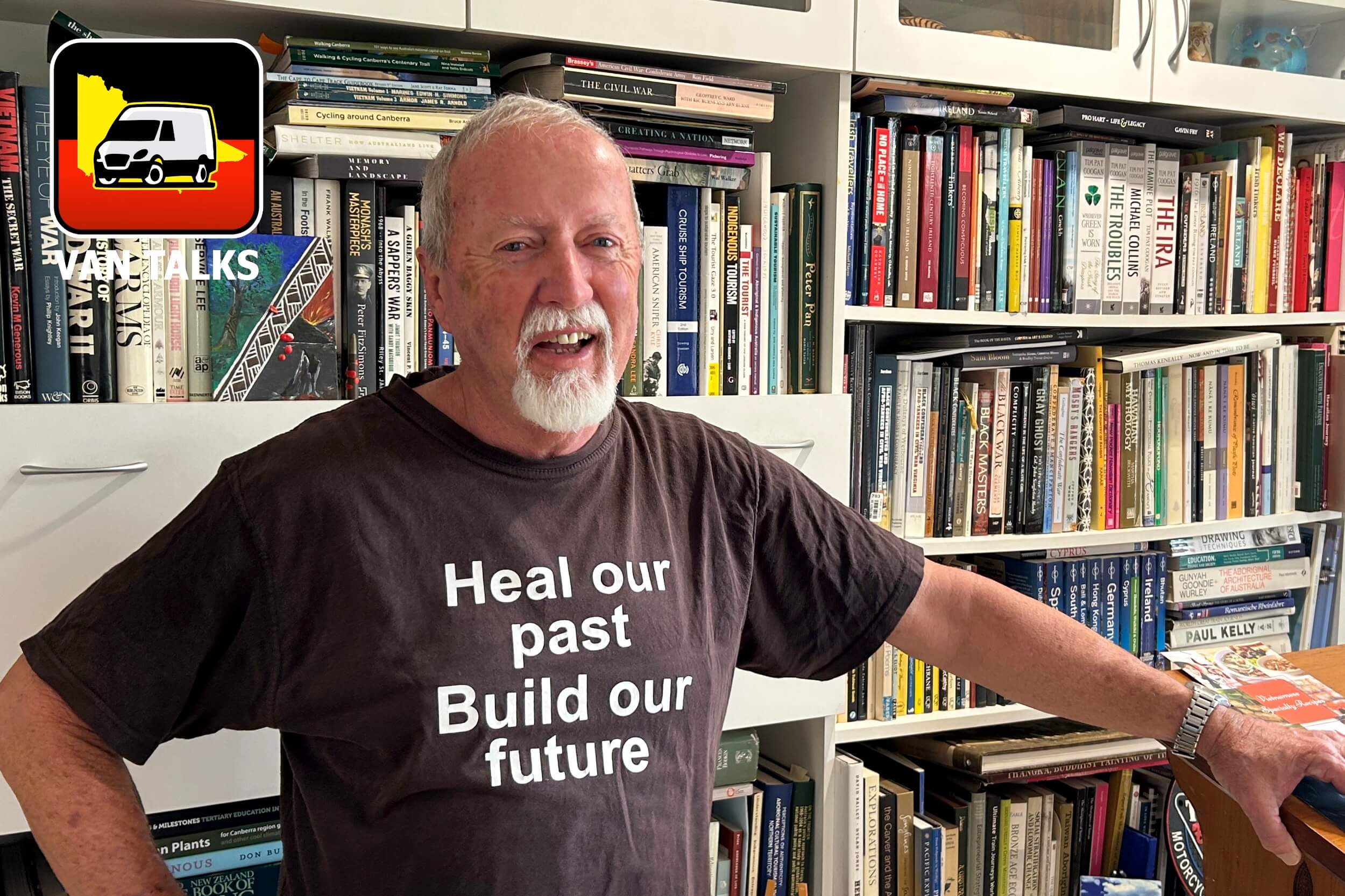
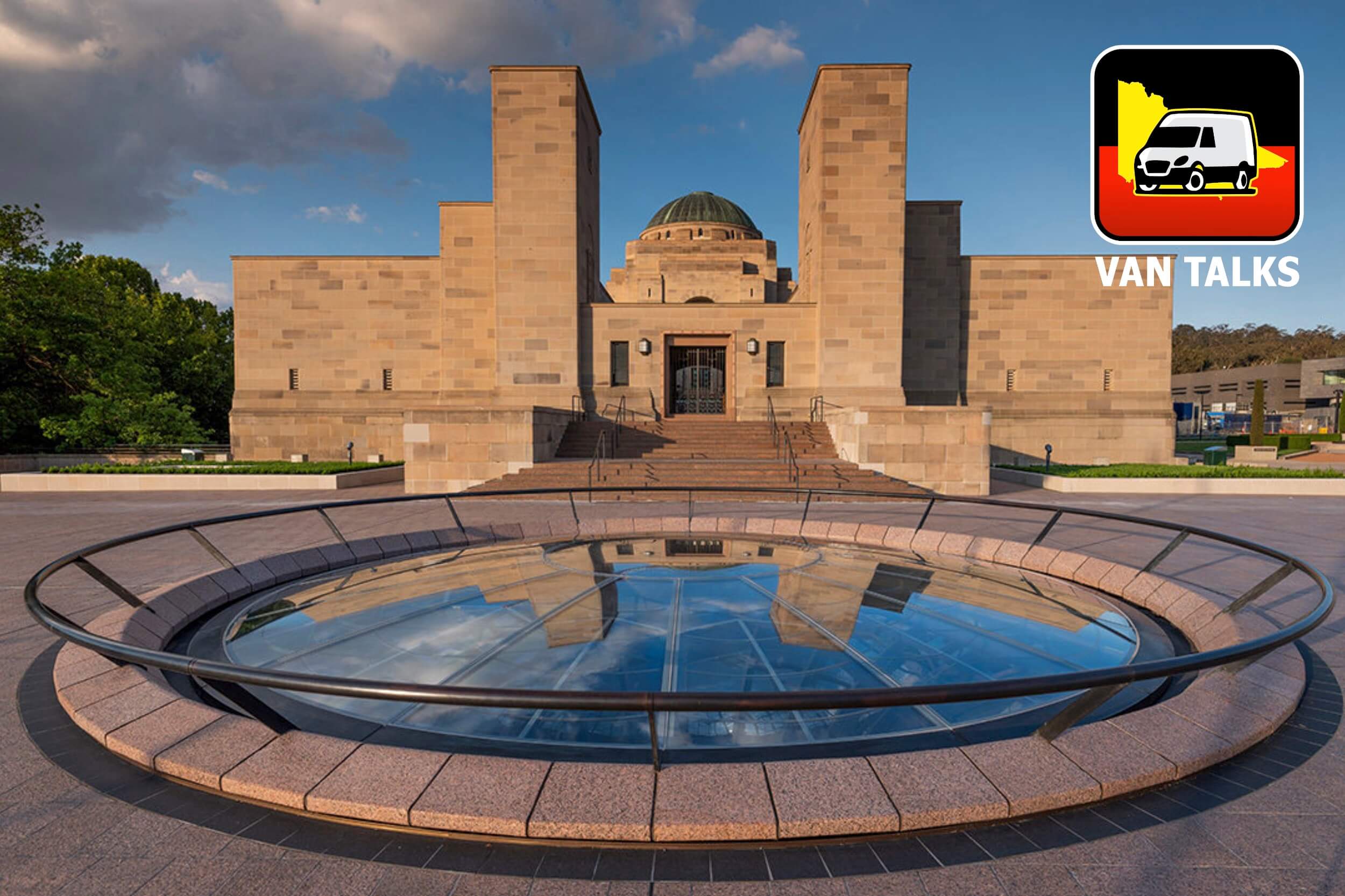

Great interview uncle! Great to hear clear and strong informed voice of Taungurung. So positive that community is taking the fight to the system challenging selfish short sighted individual use of country. Stewardship in action.
Many thanks, Karen. I couldn’t agree more with your comments.
Kind regards – Charles